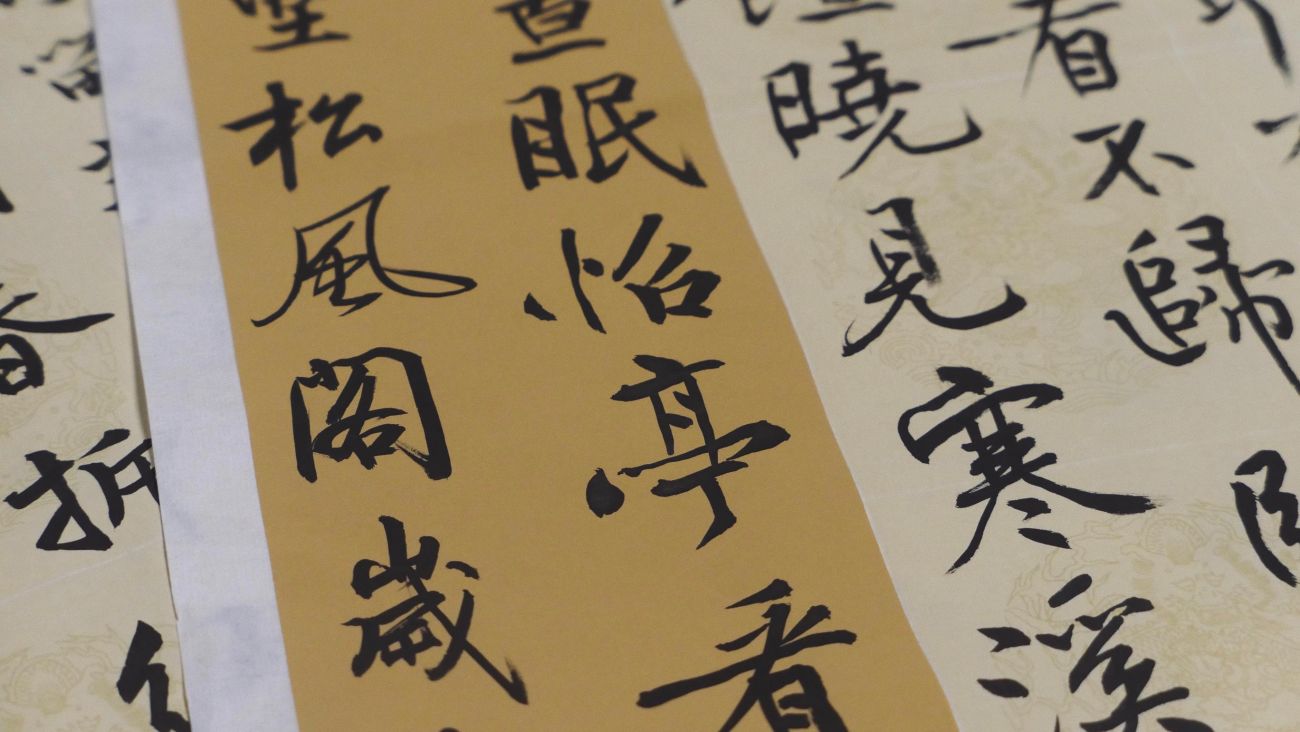Janis Krause Acupuncture
Acupuncture F.A.Q.
 Acupuncture originated in China over 5000 years ago as an intrinsic part of Traditional Chinese Medicine. The traditional Chinese believe that Qi (the energy of life) flows along meridians in our bodies, just as blood flows along blood vessels. In turn, these meridians or pathways are linked to specific internal organs and organ systems. According to Traditional Chinese Medicine, the uninterrupted, balanced flow of this energy keeps us alive and healthy. Similarly, if this life energy is impeded in any part of the body, disease (or dis-ease) results.
Acupuncture originated in China over 5000 years ago as an intrinsic part of Traditional Chinese Medicine. The traditional Chinese believe that Qi (the energy of life) flows along meridians in our bodies, just as blood flows along blood vessels. In turn, these meridians or pathways are linked to specific internal organs and organ systems. According to Traditional Chinese Medicine, the uninterrupted, balanced flow of this energy keeps us alive and healthy. Similarly, if this life energy is impeded in any part of the body, disease (or dis-ease) results.
Acupuncture treatment involves the use of needles, which are inserted into specific sites along the meridians of the body to help correct or balance the flow of energy, consequently relieving pain and restoring health to the muscles and body.
Contemporary/motor point acupuncture consists of stimulation of the peripheral nervous system with acupuncture needles for the therapeutic purpose of treating musculoskeletal pain and dysfunction.
Acupuncture treatment involves the insertion of very fine needles through the skin and tissues at varying depths on specific points on the body, specifically penetrating the underlying structures such as muscles, nerves, ligaments, etc. The insertion of needles stimulates the body to produce endorphins, natural pain relieving chemicals in the body; there is no injection of any substance into the body.
Acupuncture as a Pain Management Therapy:
Analgesic: The most commonly known and studied effect of acupuncture is the relief and/or reduction of short-term and long-term pain.
Sedative: Acupuncture decreases the delta and theta wave activity in the brain resulting in deep relaxation. This effect allows an acupuncturist to effectively treat conditions such as insomnia, anxiety, addictions and stress.
Psychological: There is a calming and tranquilizing effect. Measurable changes in brain chemistry have been observed.
Homeostatic: This refers to the internal state of the body returning to a natural balance. This involves the sympathetic, parasympathetic divisions of the nervous system and the endocrine system. Immune enhancing: Acupuncture can modulate the immunity response.
Regeneration: Acupuncture helps local blood circulation, tissue oxygenation and cellular regeneration in order to promote the natural healing aspects of our bodies.
Does Acupuncture Help with Anxiety and Stress?
Yes, acupuncture can be used to treat anxiety. Treatments are effective at soothing the nervous system, helping it to resolve emotional distress.
Does Acupuncture Help with Neck Pain and Back Pain?
Yes, acupuncture is very effective for treating muscle pain and stiffness. The needles help relax local muscles, increase circulation and reduce inflammation.
Does Acupuncture Help with Headaches or Sinus Pain?
Yes, acupuncture is one of the best modalities for treating headaches, migraines and sinuses effectively without the use of medication.
Does Acupuncture Help with Insomnia?
Yes, acupuncture helps to sooth the nervous system and reduce stress. People often fall asleep during their acupuncture sessions!